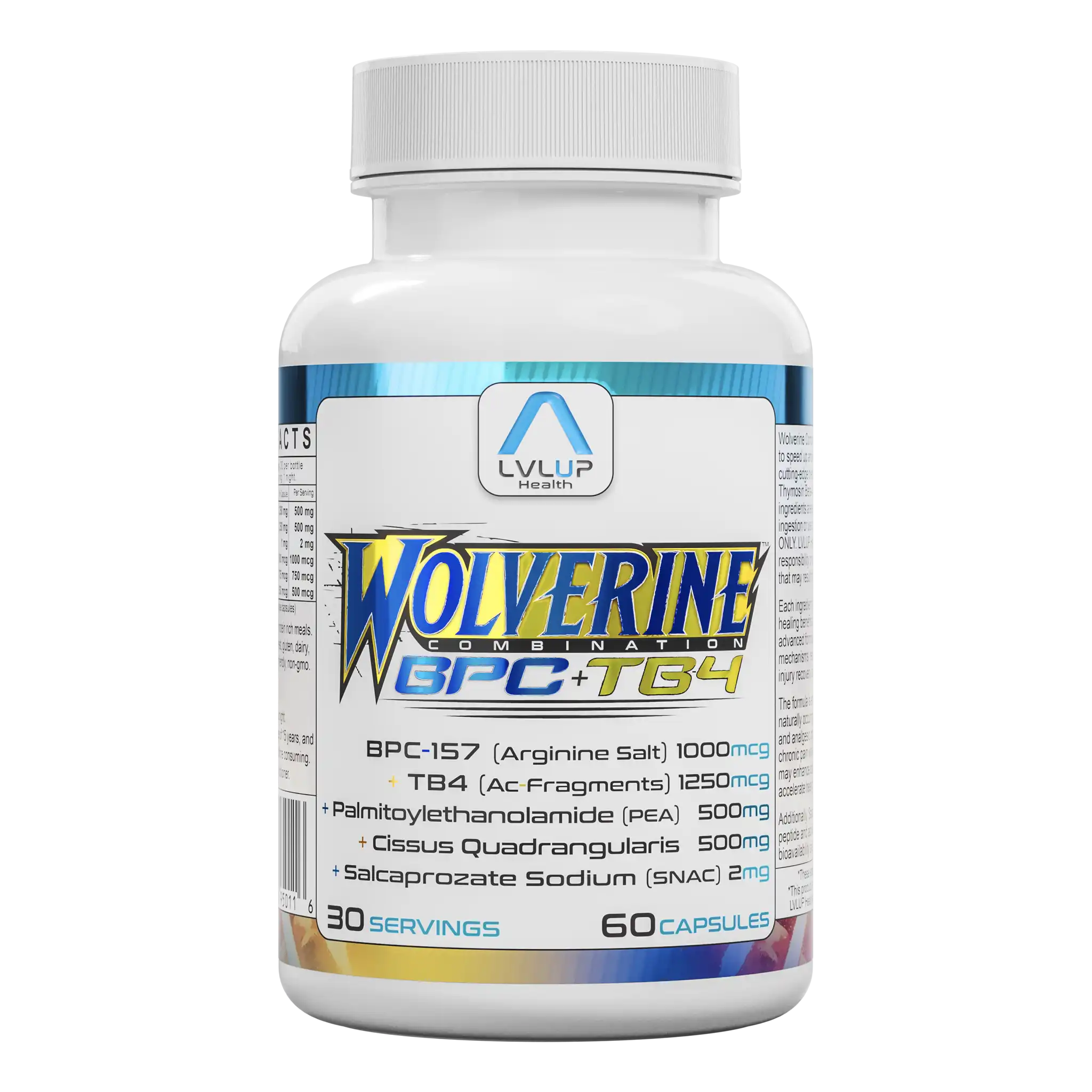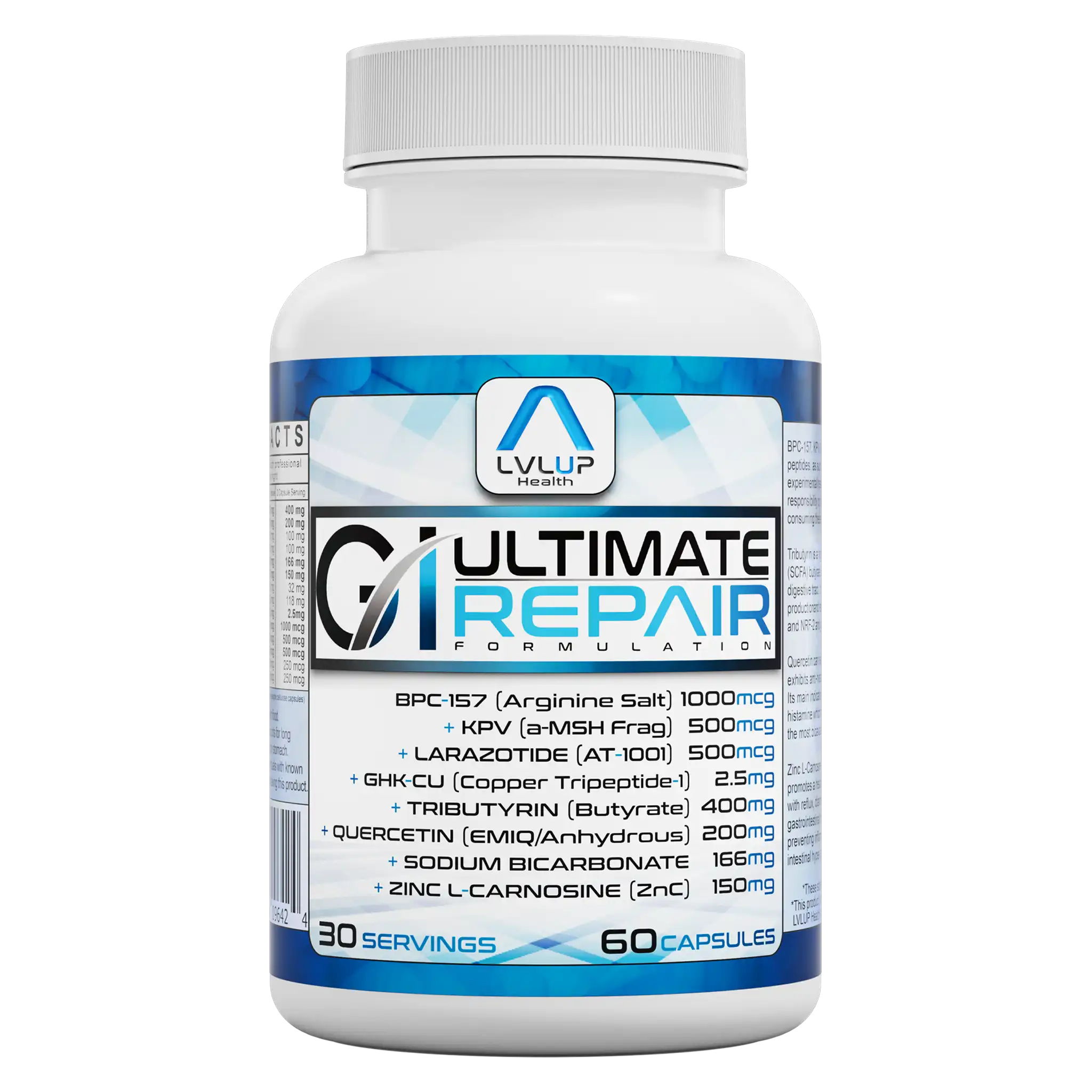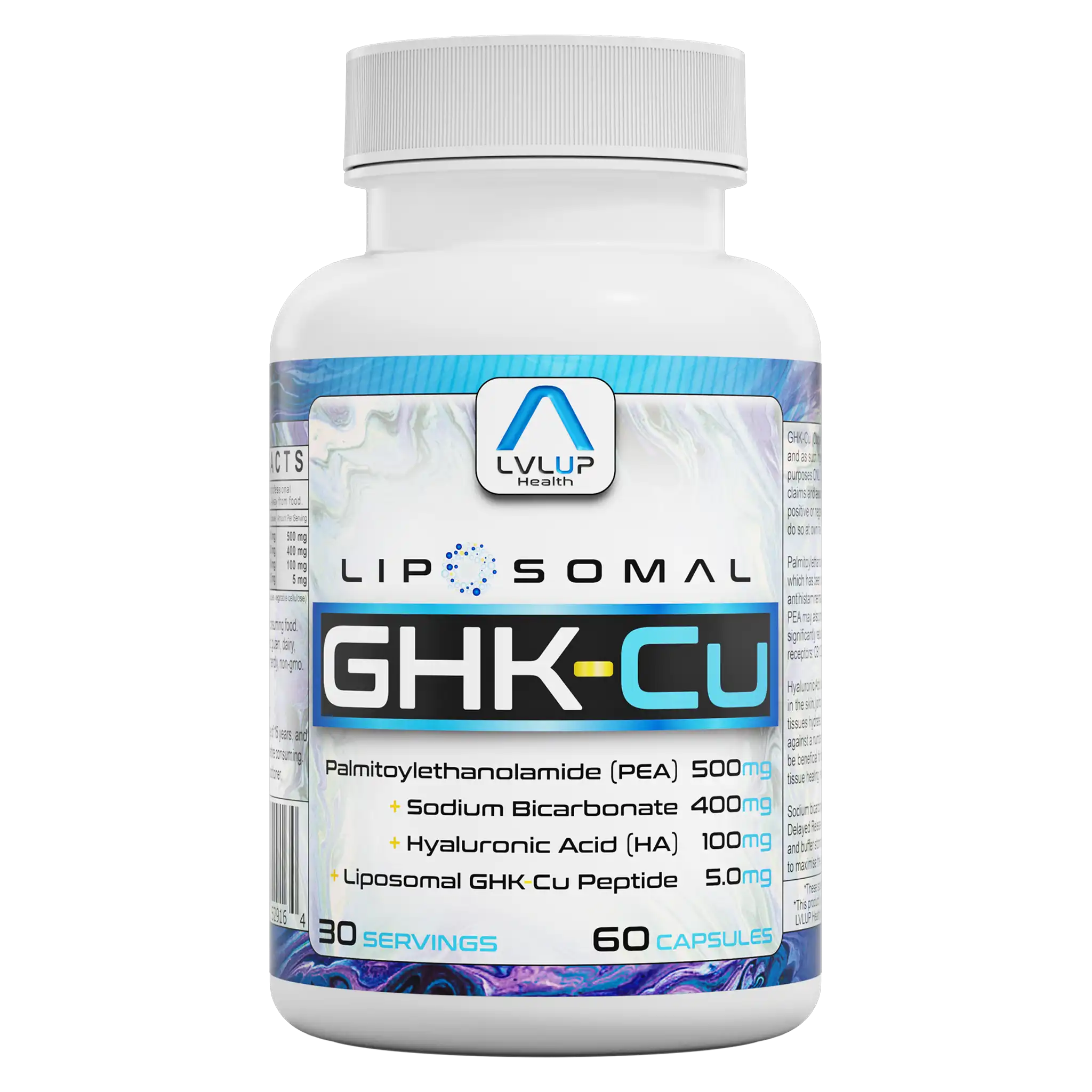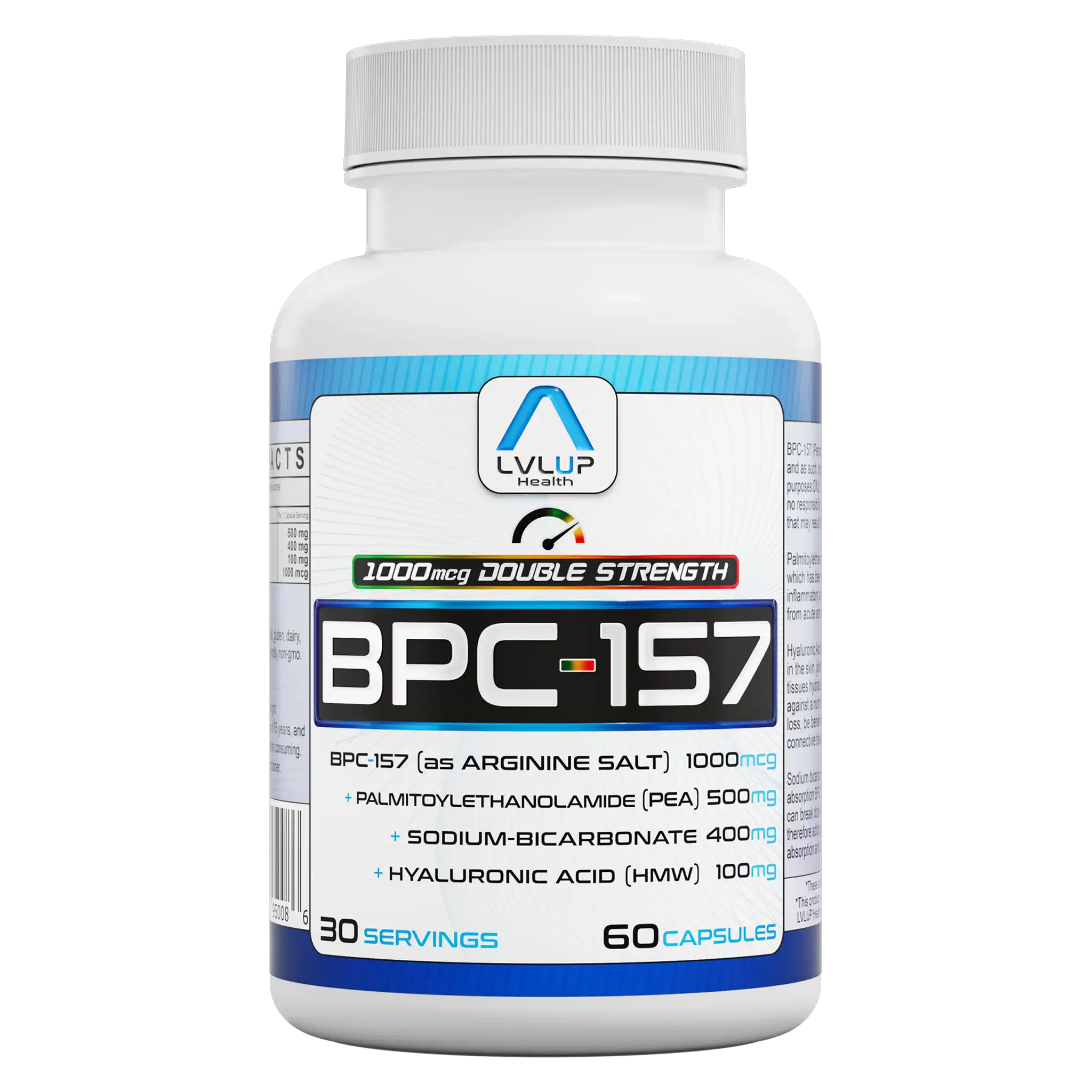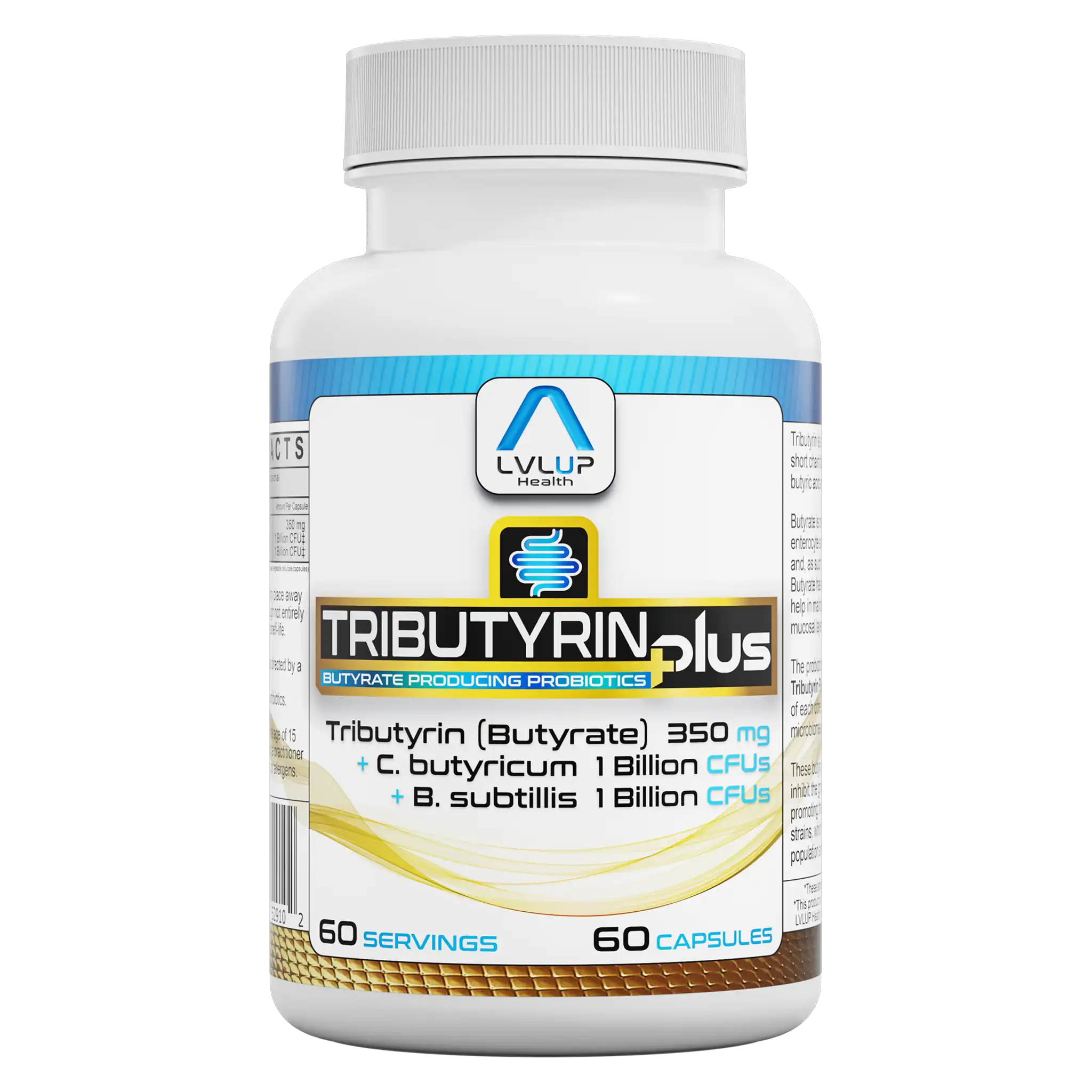Bacillus subtilis
About Bacillus subtilis
Resilient Probiotic
Bacillus subtilis stands out as a resilient probiotic, trusted in both traditional food fermentations and modern gut supplements. Its biggest claim to fame? Toughness. Unlike many bacteria that fade away when exposed to heat or stomach acid, Bacillus subtilis forms durable spores. These spores help the bacterium survive tough conditions – including high temperatures during processing and the acidic environment of your stomach. When it arrives in the intestines, those spores “wake up” and allow Bacillus subtilis to multiply where it counts.
Gut Health Support
In the world of gut health, Bacillus subtilis works by supporting the balance of microbes in your digestive tract. It tends to crowd out less desirable bacteria and encourages populations of beneficial strains, helping keep your internal ecosystem on track. There’s some evidence this microbe nudges immune cells into action, so people often look for it when aiming to maintain a healthy immune defense through their gut.
Traditional and Modern Uses
Bakers and fermenters have leaned on Bacillus subtilis for generations – you’ll find it in foods like natto, a sticky fermented soybean dish from Japan with a long history of use. These traditional applications hint at its safety and staying power. For supplement companies today, Bacillus subtilis’s resilience is a practical asset. Probiotic formulas remain potent longer on the shelf and during transport since these spores don’t easily die off.
Supplementation and Usage
Folks commonly reach for Bacillus subtilis supplements after antibiotics or dietary shifts unsettle their digestion; others use them regularly to keep bloating or irregularity at bay. While this bacterium doesn’t set up permanent shop in your gut – it usually passes through within days – its effects can be felt while it’s around.
Practical Tips
As with any probiotic, you’ll want to follow label directions closely. Many find that pairing their probiotic dose with food makes it easier to remember and helps with consistency over time.
Global Presence
Culturally, Bacillus subtilis is bigger than supplements alone. From Asian ferments to Western supplement capsules, its practical strengths have made it a global favorite wherever people care about digestive wellness.
Found In
Formulated With
Detailed Information
Scientific Classification and Structure
Bacillus subtilis is a Gram-positive, rod-shaped bacterium classified under the phylum Firmicutes. Its defining feature as a probiotic is its capacity for endospore formation; these robust structures confer resistance to temperature extremes, desiccation, radiation, chemical disinfectants, and pH fluctuations encountered in food processing or gastrointestinal transit.
Survival and Germination
Upon ingestion, B. subtilis spores traverse gastric acid without significant loss of viability due to protective spore coats composed of multiple protein layers (including cotA/B/E), peptidoglycan cortex, and dipicolinic acid complexation with calcium ions. Germination is typically initiated in the small intestine via environmental cues such as bile salts or glycine; subsequent vegetative outgrowth allows metabolic activity relevant to host benefit.
Competitive Exclusion and Immunomodulation
Functionally, B. subtilis contributes competitive exclusion against enteropathogens (such as Clostridium difficile and certain coliform bacteria) by producing antimicrobial peptides (bacillomycin, surfactins), organic acids (lactic/acetic), and modulating local pH. Its role as an immunomodulator involves secreted factors that interact with dendritic cells or epithelial pattern recognition receptors (PRRs), leading to altered cytokine profiles (notably increased sIgA production or regulatory T cell induction). These effects may persist briefly post-supplementation but tend not to result in stable colonization; clearance typically occurs within 72-96 hours unless sustained dosing continues.
Industrial Applications
In industrial settings, B. subtilis offers shelf stability unmatched by most lactic-acid bacteria due to spore dormancy during formulation and storage; viable counts remain stable for extended periods under ambient conditions absent refrigeration requirements. This property underpins its popularity in multi-strain synbiotic blends designed for gastrointestinal health maintenance or microbiome recovery post-antibiotic regimen.
